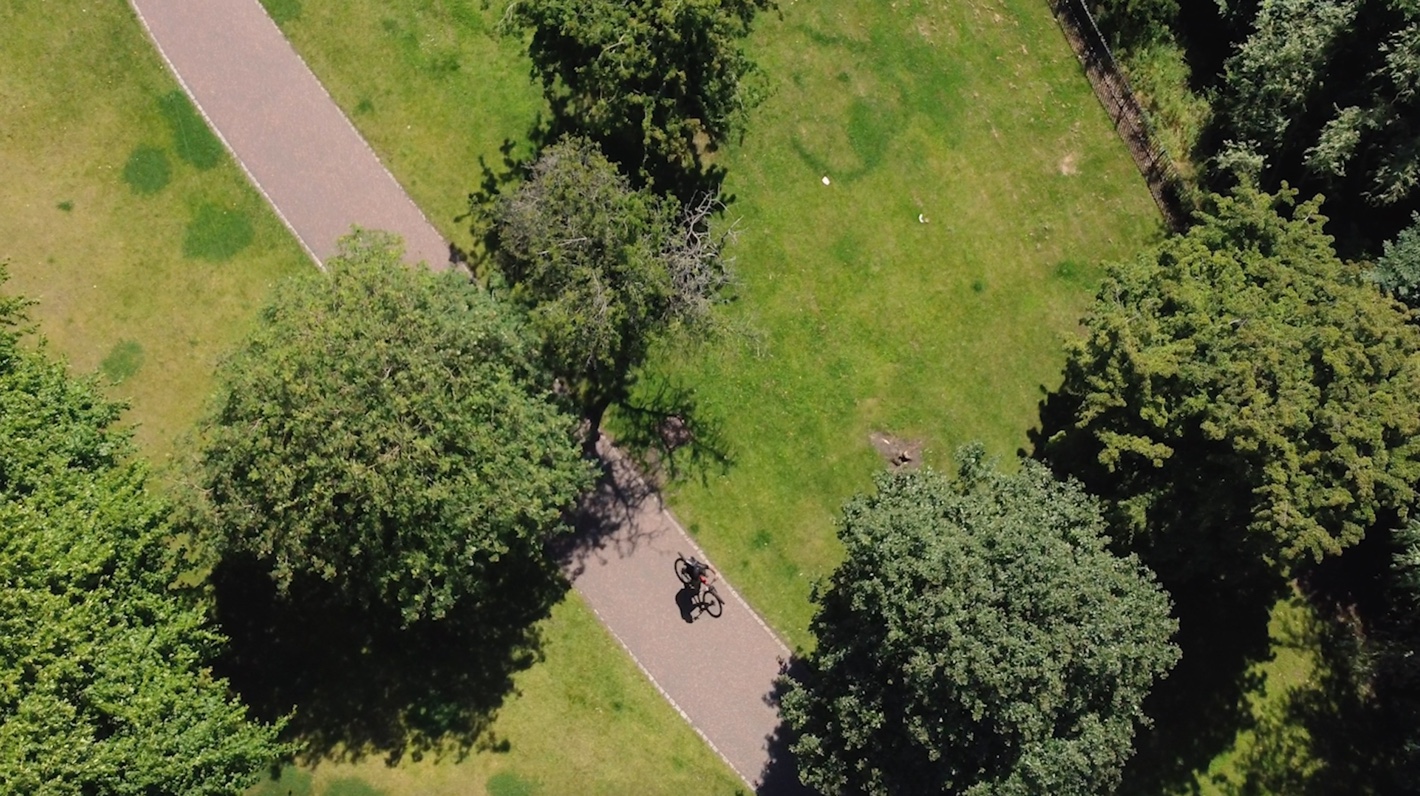
Shale Gas in Scotland- Not Fracking Worth It
Commenting on British Geological Survey shale gas estimates released today Friends of the Earth Scotland Head of Campaigns, Mary Church, said
“Low headline gas estimates and even smaller potential returns combined with recent planning restrictions mean that Scotland is an increasingly unattractive prospect for the shale industry. This is good news for the large number of communities across Scotland faced with the threat of fracking under UK Government plans to license the central belt. This study shows that shale gas and oil will do nothing for energy security, won’t bring down bills and certainly isn’t worth the risk.”
The estimates published today mean that the amount of recoverable shale gas in the central belt is likely to be extremely low, with BGS estimating that there is only around 5% of the resource found in Northern England. The report also indicated a potential shale oil resource of 6 billion barrels. Only a very small proportion would be economically extractable so any production in Scotland would be trivial compared to the official estimate for recoverable oil in North Sea of 24 billion barrels.
The UK Government is expected to announce the 14th onshore oil and gas licensing round imminently, in which 20,000 square km in Scotland could be offered for exploration and production licences.
The Scottish Government recently tightened up planning policy in relation to onshore unconventional gas extraction, meaning that operators now have to undertake a complex risk assessment and propose buffer zones between sites and sensitive receptors, including communities.
Church continued: “Even if the survey had shown that we were sitting on hundreds of years worth of shale gas, climate science tells us we would have to leave it where it was to avoid catastrophic global warming.
“However the UK Government’s misguided incentivizing for companies to explore for shale gas and oil means we could still see operators trying their luck in Scotland in the next licensing round. This could mean hundreds of wells fracked only to demonstrate that there is no economically viable resource.
“The Scottish Government needs to send a stronger signal to the industry and ban unconventional gas extraction altogether, focusing instead on making the most of our abundant renewable resources and supporting communities to generate their own sources of clean energy.”
ENDS
Notes to Editors
1. British Geological Survey results https://www.gov.uk/government/publications/bgs-midland-valley-of-scotlan…
2. DECC plan to launch the 14th onshore licensing round shortly in which 20,000 square km in Scotland will be offered to tender for shale gas fracking and other hydrocarbon exploitation. See http://blog.decc.gov.uk/2013/12/17/preparing-for-the-14th-round-of-onsho…
3. DECC have recently issued a consultation on plans to remove landowners rights to refuse access to companies who wish to drill and frack for onshore hydrocarbons underneath their property. These plans are likely to apply to Scotland under reserved powers. The plans apply to shale gas and oil. They do not apply to coalbed methane or underground coal gasification as access right already exists under the Coal Industry Act 1994. See https://www.gov.uk/government/consultations/underground-drilling-access
4. Dart Energy’s proposal for commercial coalbed methane extraction at Airth remains the most advanced onshore unconventional gas project in the UK. The Department for Planning and Environmental Appeals intend to take further evidence over the summer on the new planning policy before making a decision on that application. Dart Energy recently agreed to a buy out by the UK’s biggest fracking company, IGas. The deal is expected to be finalised in September.
5. Friends of the Earth Scotland press release welcoming tightening of Scottish Planning rules on unconventional gas http://www.foe-scotland.org.uk/node/1844
6. Cuadrilla has indicated that it needs to frack 40 wells over 5 years to establish whether there is an economically viable shale gas resource in the Bowland shale.
7.Thousands of people in Scotland are currently opposing plans for coalbed methane extraction in their communities, an industry that has very similar impacts to shale gas fracking, and can often involve the use of fracking.
8. Friends of the Earth Scotland is
* Scotland's leading environmental campaigning organisation
* An independent Scottish charity with a network of thousands of supporters and active local groups across Scotland
* Part of the largest grassroots environmental network in the world, uniting over 2 million supporters, 77 national member groups, and some 5,000 local activist groups.
